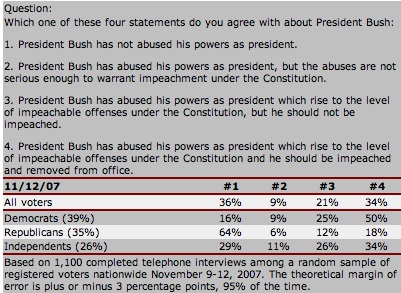The Center on Education Policy released a disturbing new study this week, measuring the effects of No Child Left Behind:
The report finds that approximately 62% of school districts increased the amount of time spent in elementary schools on English language arts and or math, while 44% of districts cut time on science, social studies, art and music, physical education, lunch or recess.
Now, I’m pretty much appalled by all of the cutbacks, but I’ll leave the bulk of it to ScienceTeacher.com, SocialStudiesTeacher.com, and LunchTeacher.com. I’m ShakespeareTeacher.com, so I want to talk about arts education.
(And let’s make no mistake – the extra time being spent on ELA isn’t being spent on literature. It’s being spent on test prep, and more test prep.)
Arts education is absolutely essential for students preparing for the world that we’re currently living in. With the image continuing to gain dominance over the written word, people who can demonstrate artistic ability are highly marketable in today’s economy. From graphic designers to documentary filmmakers, those who can master today’s tools of communication are able to command a wider audience and expand their range of communication. In the connected world, this is real currency.
And even if all of that weren’t true, the arts teach us how to identify problems and solve them with creativity and discipline. Those skills help us in any endeavor.
I came across a website for an artist named Jen Stark, who creates sculptures from construction paper that won’t help anyone pass a reading test any time soon. But they bring beauty into the world, which is worth at least a link from my blog. Take a look at her work, and tell me she didn’t have to develop some pretty sophisticated math skills along the way.

Or take French artist Huber Duprat, who recruited caddis fly larvae, who typically create protective shells out of silk and their surrounding materials, and placed them in an environment of gold flakes and precious gems. The result is a combination of art and science that boggles the mind. Click the picture below to see the video.

Or take a look at the Universcale by Nikon, an application of the mathematics of scale to allow human comprehension of the natural universe, and tell me your appreciation of it isn’t primarily aesthetic.
I wonder what Leonardo DaVinci would have thought about eliminating arts education to teach math. What would Shakespeare have thought about eliminating arts education to teach literacy? What would Descartes say about eliminating science to teach math? What would Hemmingway think of eliminating social studies to teach literacy?
Reading and math are important skills. But even if an educational system were somehow able to acheive 100 percent literacy and numeracy, and nothing else, it would still be a failure.


